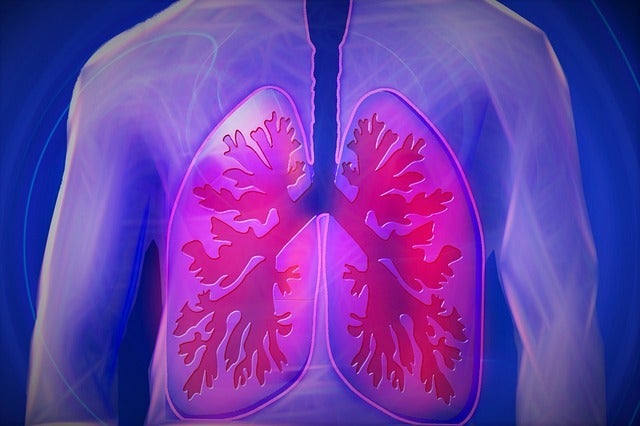
The Lung Transplant Foundation has participated in a joint meeting held during the International Society for Heart and Lung Transplantation (ISHLT) 2019 Annual Meeting in Orlando, Florida, and has reviewed the 2017 OPTN/UNOS policy.
The policy review has been carried out to know how the distribution of lungs donated for transplant has impacted the removal of waitlist, logistical burden on organ procurement, distances traveled to retrieve lungs and overall lung retrieval costs.
The foundation said that the updated policy is set to expand the geographical boundaries for lungs to travel, and first priority offered to patients within a 402km radius of the donor’s hospital, and expanded for 926km and finally across the nation if a matching patient cannot be found.
Paragonix said that it is currently working in Paragonix SherpaLung Preservation System which is expected to complete commercial development. The company is planning for filing of FDA pre-market notification and European CE clearance by fourth quarter 2019.
Lung Transplant Foundation CEO and founding member Jeff Goldstein said: “There is no more urgent time than now to provide those patients on the lung transplant waitlist with any possible advantage they can get.
“With longer travel distances observed since implementation of the new lung distribution policy, there is a desperate need for better lung preservation: improved and controlled donor lung preservation technologies that will take into account more extensive travel by aircraft. And we applaud Paragonix for developing these types of technologies that will also work in a cost-conscious healthcare environment.”
The company has designed the Paragonix SherpaLung Preservation System for optimal lung preservation during its journey from donor to recipient patient by incorporating clinically validated preservation techniques combined with lung inflation pressure control, and stable inflation pressure.
Duke Medical Center lung transplant surgeon Matthew Hartwig said: “We are entering a new paradigm of broader geographic sharing in solid organ transplantation, and current technologies for lung preservation do not adequately address the extensive travel and longer transport times experienced by most lung transplant centers in the United States”.






